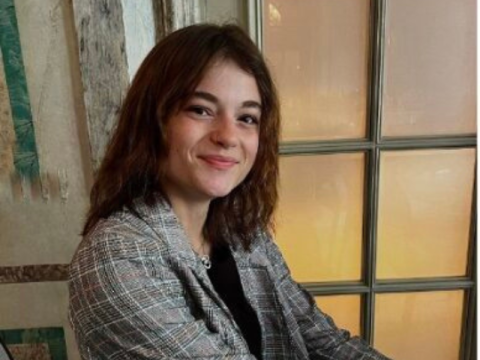How Writing for Ms. Magazine Changed How I View U.S. News
During my second semester as an editorial intern for Ms. magazine, I had the unique opportunity to refine the skills that I learned during my summer with Ms., like fact-checking and learning the Ms. style guide. I also had the opportunity to explore the specific areas of journalism that interest me, like how reproductive rights and public policy intersect. This semester, my primary responsibility was co-authoring Ms.’s column entitled “The War on Women Report.” This column highlights the most important U.S. political events of the month impacting women. Although this column is published monthly, I consistently worked on it every week to make sure that I was reporting accurately on continually developing stories.
In order to write the column, I conduct a lot of research in different media outlets, summarize key facts about recent events, and I work with the Managing Digital Editor, Roxanne Szal, in developing my own journalistic voice and talents. My favorite part about working on this column has been how much more in-tune I am with the political world. As a political science major, I have always aimed to keep up to date with important events globally, but this column has encouraged me to dive deeply into subjects and think critically about how they are being presented. This has completely changed my way of thinking about U.S. news, as it has led me to understand the power of language and imagery, and why reporters choose certain topics to report on.
A challenge that I have faced throughout this internship has been learning how to jump back and forth between writing in academic spaces and journalistic spaces. When I first started this semester, I often wrote too professionally for my column and too dramatically for my academic papers. Although this was a challenge at first, it has allowed me to truly grasp what style and writing components define journalistic writing and academic writing. Now, I more deeply understand the importance of writing for your designated audience and how to present your knowledge in specific contexts.
Continuing with Ms. this semester has been a dream come true, as I now feel more connected to Ms. and all of the interns, editors, and writers that I have the privilege of working closely with. I am incredibly grateful to Newcomb Institute for providing resources such as these to Tulane students, because without this internship, I would not be where I am today, and I would not be able to think as critically about the media I am consuming. This is very beneficial to my current academic studies and my future professional goals, as I am planning on working in non-profit public policy, which requires strong media literacy, writing, and political critical thinking skills. I am continuing with Ms. for another semester, during which I plan to continue to author “The War on Women Report,” and I hope to learn more about international reporting.

